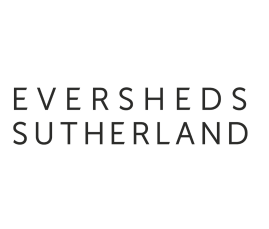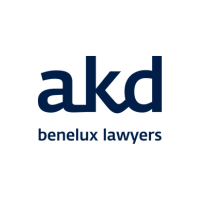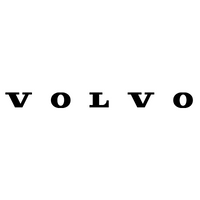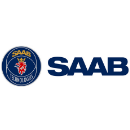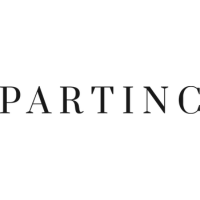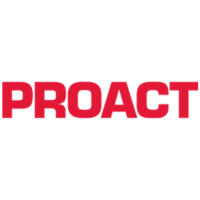In a recent insightful conversation, the Swedish Chamber of Commerce had the privilege of speaking with Matthijs van der Meiden, Managing Director of Patron Member NEFAB, a global leader in industrial packaging and logistics solutions. This interview delves into NEFAB’s journey in the Netherlands to achieve Platinum status in the Responsible Business Alliance (RBA) certification, shedding light on the company’s commitment to sustainability, employee engagement, and health & safety.
The Journey Toward RBA Platinum Certification
The road to RBA Platinum certification was not an easy one, but it was undeniably transformative. Matthijs shared that while NEFAB always prioritized sustainability, achieving RBA Platinum involved dedication and effort at every level of the organization.
“This isn’t just about putting together a few policies or doing a one-time exercise,” Matthijs explained. “It requires full commitment to embedding health, safety, and sustainability into every facet of the company. It becomes part of the culture, part of how we operate daily.”
The journey was initially triggered by requests from NEFAB’s global key accounts, who are members of the RBA and require their supply chains to comply with these standards.
“We didn’t think it would be easy, but we thought it would be relatively simple to comply since we already had a high standard in sustainability, health and safety, and ethics, as it always has been at the core of our business. However, RBA goes further than for instance Dutch legislation, especially in terms of fair treatment and health and safety, and that took us by surprise,” Matthijs noted. It took three years of rigorous effort, and the NEFAB Netherlands team is proud to have earned this prestigious certification.
Employee Engagement: A Key to Success
One of the most striking aspects of NEFAB’s transformation was the high level of employee engagement. Matthijs emphasized that engagement was not a top-down directive but a company-wide initiative. Employees were actively involved in the process of change, whether through safety walks, training sessions, or process updates.
“It’s not just about management saying health and safety are important,” Matthijs pointed out. “It’s about showing action, following through, and ensuring our employees are fully on board. If you don’t engage them, they won’t take the process seriously.”
“Employee engagement was crucial for success. Everyone’s responsibility in the organization mattered,” Matthijs shared. “We updated processes, implemented health and safety protocols, changed production layout, and made building adjustments. We informed and included employees, arranged training, education, and provided information.”
Measurable Results: Sustainability and Resource Efficiency
NEFAB’s commitment to sustainability generated tangible results: such as enhancing air quality in its production environment by extracting heat from machinery and circulating fresh air throughout the building, conserving energy while improving employee comfort.
“We noticed some areas of the building had lower air quality than we wanted,” Matthijs explained. “Instead of accepting it, we innovated—focusing on heat extraction and fresh air circulation to create a healthier, more sustainable environment.”
Waste management also saw progress. NEFAB transitioned from quarterly to monthly waste assessments, allowing for a more granular and effective approach to waste reduction.
Additionally, the company used Greencalc, a lifecycle assessment tool, to measure the CO₂ savings of its packaging solutions. This not only helped optimize NEFAB’s internal processes but also enabled the company to guide clients in reducing their environmental footprint.
Overcoming Organizational Growth Challenges
A unique challenge for NEFAB was maintaining compliance with RBA standards while managing rapid organizational growth. Matthijs reflected on the difficulty of ensuring that new employees were onboarded with a full understanding of NEFAB’s sustainability standards and the RBA requirements.
“Many people were entering, needing onboarding and training about RBA, health and safety, and sustainability,” Matthijs explained. “Documenting processes on paper, not just in someone’s head, was crucial. But as we expanded, it became more challenging to keep everything aligned.”
This organizational growth necessitated extra investment in time, effort, and human resources, underscoring the importance of long-term commitment to achieving and maintaining high sustainability standards.
Looking to the Future: Innovation and Collaboration
Looking ahead, Matthijs sees NEFAB’s future intertwined with innovation and collaboration. The company’s long-standing focus on sustainability and safety now extends to exploring cutting-edge technologies such as battery innovations—key areas that align with global sustainability goals.
“The future is not just about what we do in our own operations, but also about how we help our customers and industries reduce their environmental footprint,” Matthijs reflected. “The Netherlands and Sweden, for instance, share a similar strategic vision when it comes to sustainable technology, which opens up exciting collaboration opportunities.”
Conclusion: The Road Ahead
NEFAB’s journey to achieving RBA Platinum status has been marked by clear, measurable outcomes and a culture of continuous improvement. From enhanced safety protocols to resource optimization and innovative packaging solutions, this success story highlights the company’s deep commitment to both people and the planet.
Matthijs concluded, “It’s not about a certificate—it’s about transforming how we do business, how we treat people, and how we contribute to a better world for tomorrow.”
As NEFAB continues its efforts to lead by example, the journey toward sustainability and innovation remains an ongoing process—a journey that will inspire many others in our community.
















